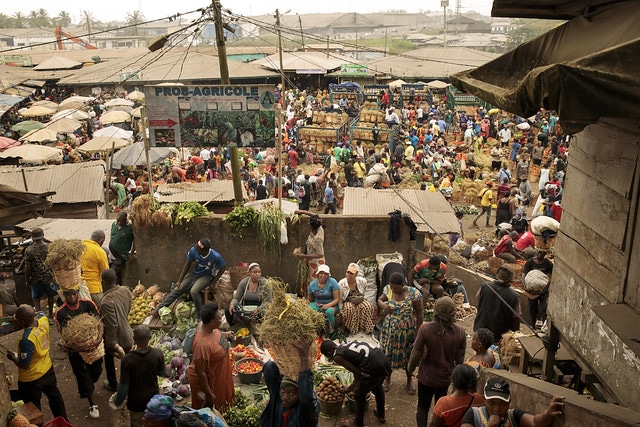About the research group
More than 75 per cent of sub Saharan Africa’s workforce works in the informal economy. The needs and conditions of informal workers are, therefore, important determinants of the inclusiveness of growth and employment. The International Labour Organization’s Decent Work criteria relating to health and safety, job security, social protection and social dialogue often do not apply to informal jobs. The INCLUDE research project ‘Increasing Political Leverage for Informal and Formal Workers’ Organizations for Inclusive Development’ is studying the role and impact of trade unions and informal workers’ organisations in Ghana and Benin when they act as strategic actors for inclusive development, in particular by studying their political leverage over decent work for informal workers.
